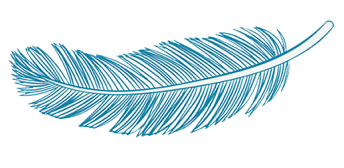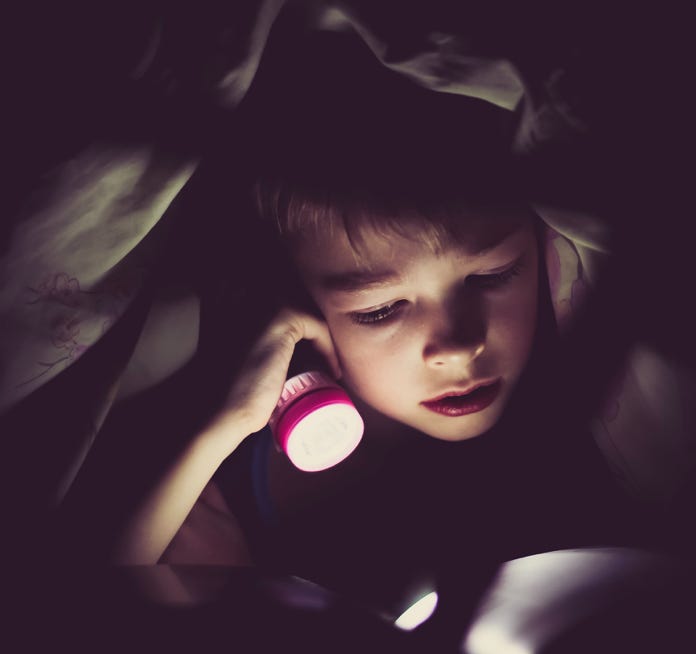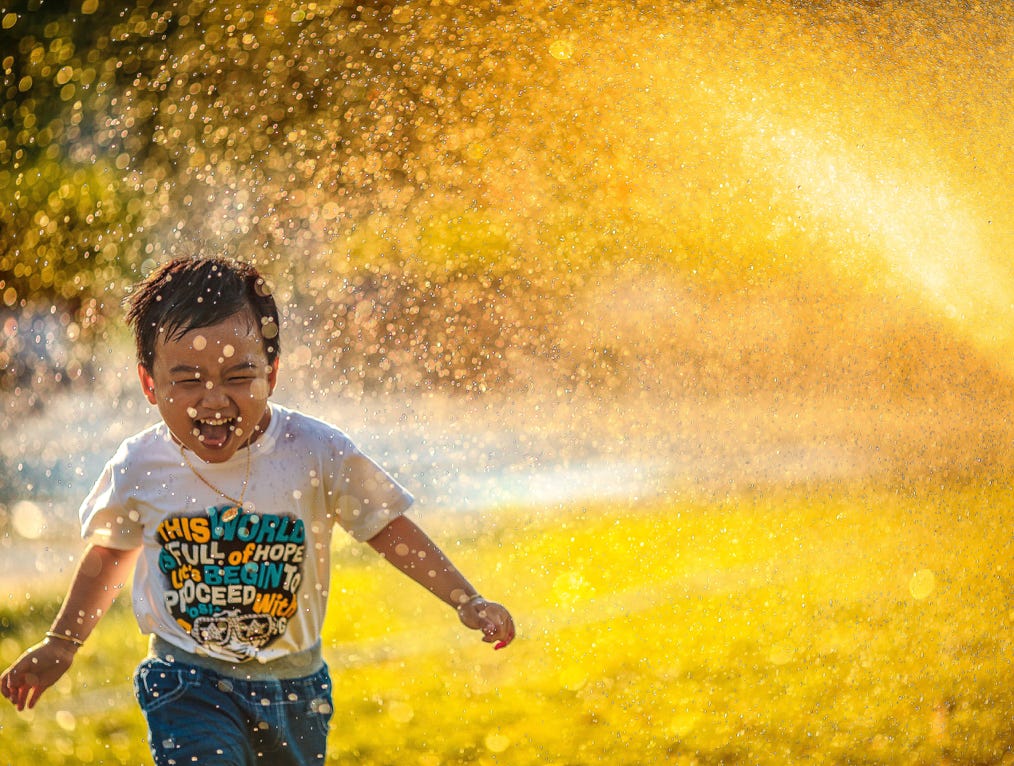




Frequently asked questions
What is play therapy and how will it help my child?
Many parents are understandably confused about what play therapy is, how it works and what to expect when their child enters into a therapy session. The reality is that it is not a very easy concept to quantify, and while the progress is certainly measurable, the outcomes are not always met in a linear way.
I usually tell children that I help them feel better and stronger on the inside. Children respond best to clear and age appropriate information. Often that is enough to satisfy their curiosity about why they are with me. The truth is that once a child feels better about themselves, they are able to cope with the pressures of the world outside. They make contact with the environment from a position of strength and self belief, and many of the behaviours that may have brought you to play therapy are usually resolved.
How does that happen?
Children don’t have the cognitive ability to put their feelings into language. That is developmentally inappropriate for them. How many times have you asked why your child has behaved in a certain way only to receive a shoulder shrug or an “I don’t know”? The child’s language is play, and if we want to discover what is happening in their world and how to help them, we need to enter into this world of play and imagination.

I make use of the integrative holistic approach, which focuses on the child as a whole person, taking into account their temperament, experiences and environment. The child is free to make use of the toys in the room in whichever way they like. They are free to choose from the toolkit of creative arts, clay, music, drama, puppets, storytelling and play.
Play therapy is always child –centered, and the therapist moves and responds to the leading of the child. I often think of it as a dance with the child choreographing the steps. My job is to know when to move into the lead and when to follow. But we stay in the dance together.
Why does it help?
The foundational principle is the relationship between the therapist and the child. It is within the safety of this relationship that all the good stuff happens. My focus is to draw alongside the child in an alliance of trust.
Child led therapy offers children the gift of control in the therapy room. So often a child’s life is (obviously) managed by others, and exposure to a pocket of time in which they have choices, leads to them feeling a sense of empowerment and autonomy.
The child is accepted just as they are, in that moment. This feeling of permissiveness allows the child to feel accepted and valued, and once they experience this freedom, they are able to move toward the hurting and frightened parts of themselves. This is always borne out of trust in the safety of the space and the relationship we co-create. This trust allows the child to explore and share their inner world.
The therapist has a deep belief in the child. Play therapy is full of hope and growth, and this underlying belief in the child’s resources and strengths allows them to trust themselves.

Play therapy and the brain
Our understanding of the developing brain is ever increasing, and these insights show that an empathetic, attuned relationship with a therapist provides the ideal environment for the creation of new neural pathways. Play is the brain’s emotional language, it regulates emotions and supports healing. Play therapy is the appropriate intervention for the child’s developing brain.
Parent coaching and support
I believe that you are the expert on your child, but sometimes that inner knowing and instinct can be clouded with all the expectations, judgements and personal difficulties we experience. Even the most caring parent can feel lost. My personal coaching approach is to provide space for all of this, with the understanding that the family operates as a system.
An understanding of the brain and behaviour is a fundamental aspect of my approach. To shift behaviour, we must focus on what the child needs and what need that behaviour adresses. Our brains are shaped by experience, and knowing more about the way the brain changes in response to our parenting can help us nurture emotionally attuned and resilient children.
Lynese Play Therapy
20 Cone Way. Pinelands, Cape Town
